Sustainable construction in the Gulf: building a greener future?

As industries around the world increasingly turn to environmental, social and governance (ESG) strategies to support their recovery from the COVID-19 pandemic, attention is increasingly focused on sustainable construction in the Middle East.
Perhaps more than most sectors, construction could benefit significantly from a shift towards more sustainable practices. A UN report published in December estimated that, including operational emissions, the construction industry accounted for 38% of the world's energy-related carbon emissions.
The topic is particularly relevant to the Middle East, a region that is home to the world's four largest per capita carbon emitters.
While definitions of sustainable construction vary and continually evolve, the term encompasses much more than just environmentally sustainable building materials. It is increasingly used to refer to ESG factors throughout the entire planning and construction process, incorporating aspects such as design, energy generation and even social outcomes.
"While much of the focus in public discussions in various industries is on environmental aspects, it is important to emphasise that sustainability requires a holistic approach that takes into account social and governance factors," Talal al-Dhiyebi, chief executive of Abu Dhabi-based real estate development company Aldar Properties, told Oxford Business Group.
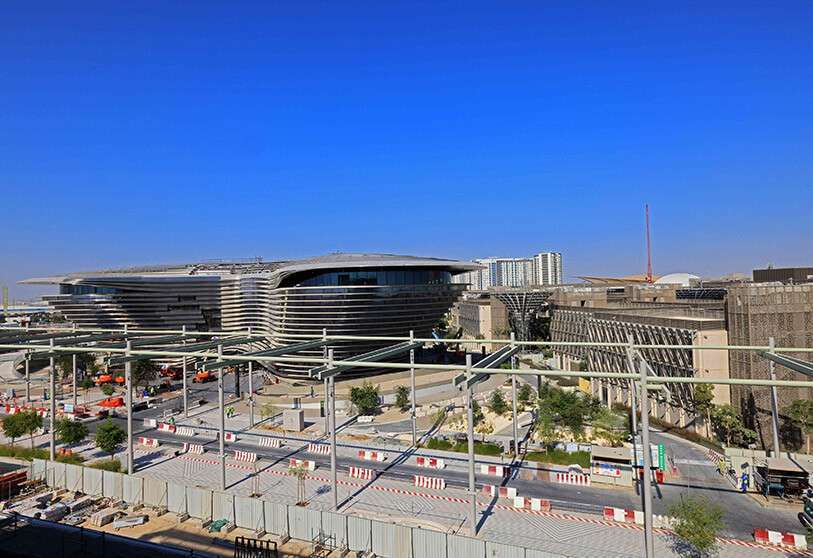
"Sustainability is as much about the environment as it is about social inclusion in the workforce, professional development, good governance and risk management.
Another key element of sustainable construction relates to the efficient use of resources, a factor that will be of increasing importance to the Gulf construction sector as it recovers from the economic consequences of the pandemic.
"Sustainability in the construction sector can be achieved not only through the use of sustainable materials and the integration of energy efficiency frameworks, but also by applying a lean construction culture from the bottom up," Monjid Othman Abdulmajeed, CEO of Qatari construction company RC Al-Mana, told OBG.
"This ensures that projects are implemented efficiently, maximising the value and output of construction services and minimising waste."
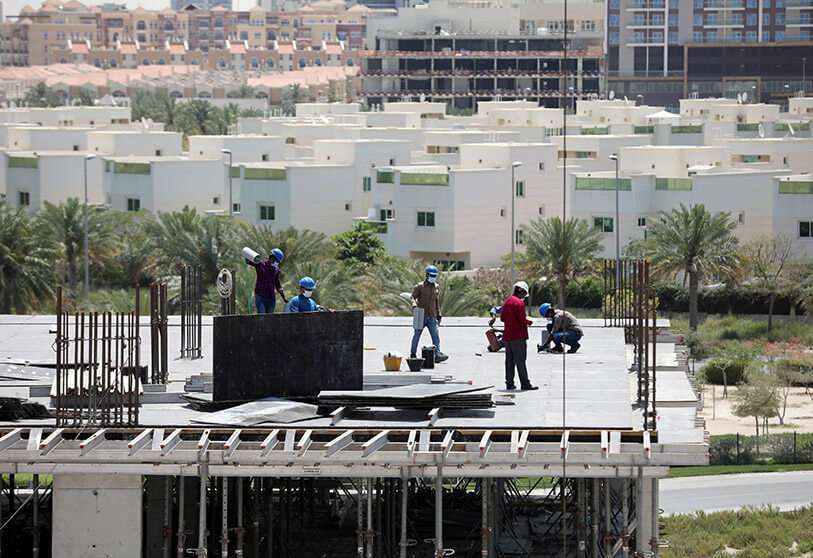
In recent years, the region has made significant progress on the sustainable construction front.
An excellent example of a project that goes beyond purely environmental factors is the Dubai Urban Master Plan 2040.
Launched in March, the plan is a comprehensive blueprint for future sustainable urban development in the emirate. It aims to design Dubai in a way that will enable it to effectively accommodate its growing population, which is expected to increase from 3.3 million to 5.8 million over the next two decades.
Dubai is placing a high value on leisure and recreation, with green and recreational areas set to double in size by 2040, and rural reserves and natural areas to account for 60% of the emirate's total area.
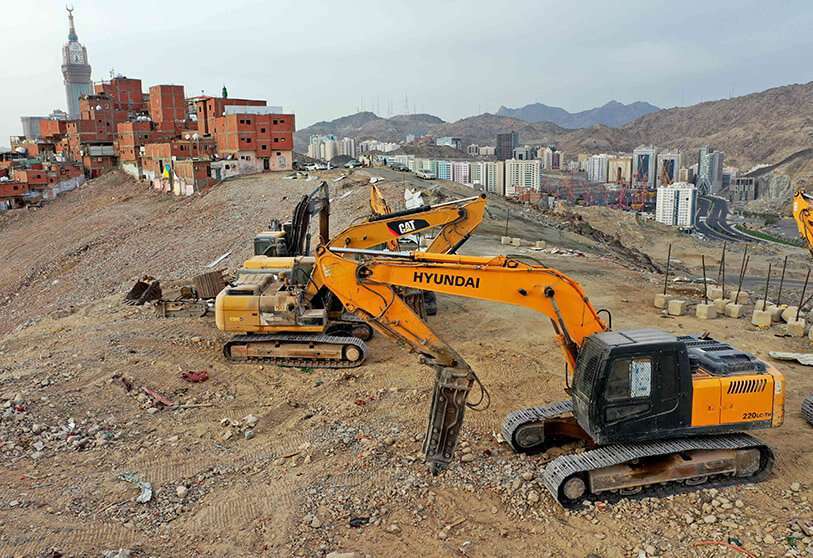
The key to the "people-led" plan is the development of five main urban areas, which will be linked by several green corridors. This is designed to encourage sustainable mobility in the city, such as cycling and walking, thereby reducing car traffic and promoting healthy lifestyles.
This emphasis on connectivity is expected to result in 55% of the population living within 800 metres of a major public transport station.
Mobility is central to sustainable living initiatives in the Gulf, given the cultural preference for automobile transport over other modes.
"Our task is to maximise the convenience of alternative modes of transport, or simply walking, to discourage the use of private vehicles," Yousef al-Mutawa, executive director of Sharjah Sustainable City, told OBG.
"To this end, sustainable mobility must be considered from the initial phase of any large-scale project and reflected in the master plan as a major component of the quality of life".
Another major sustainable project underway is the Masdar City development in Abu Dhabi, which aims to become one of the most sustainable urban developments in the world.
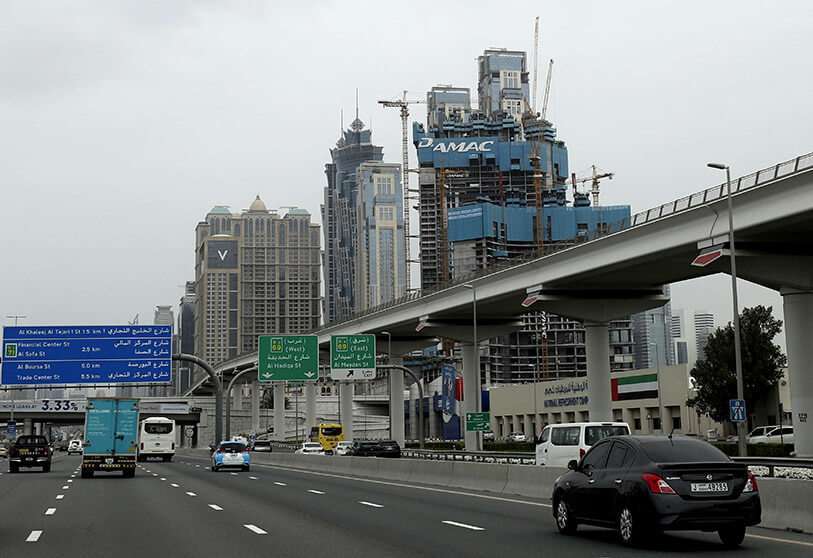
In addition to offering low-emission transit options and its own renewable energy supply, the developers say that all of the city's buildings, which will house 50,000 people and 40,000 jobs and student placements, will be built with low-carbon concrete, 90% recycled aluminium and other sustainable materials. These new buildings will use 40 per cent less water compared to standards set by the American Society of Heating, Refrigerating and Air-Conditioning Engineers.
Elsewhere in the region, in mid-June, the King Salman Energy Park in Saudi Arabia, a mega-project encompassing industrial areas, logistics zones, commercial areas and residential housing, received the US Green Building Council's 2021 Leadership Award for the Middle East.
The park is the first industrial city in the world to achieve the organisation's LEED Silver certification, which provides a framework for reducing environmental impact, limiting resource use, reducing carbon emissions and addressing climate change during the construction process.
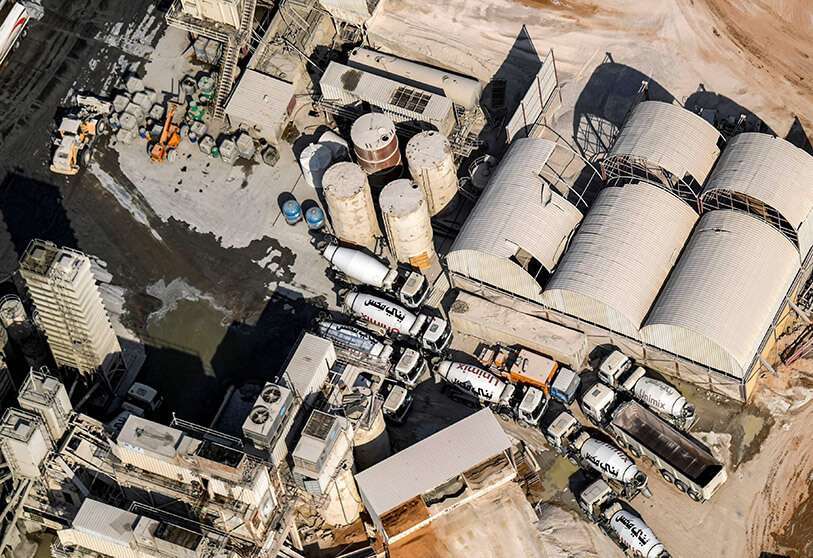
While there has been significant progress in the region, the Gulf countries still have some way to go to achieve their sustainable goals.
A survey published in January by Boston Consulting Group covering Bahrain, Kuwait, Oman, Qatar, Saudi Arabia and the United Arab Emirates identified the lack of key infrastructure as a barrier to achieving certain sustainable urban goals.
For example, 10% of all metal and plastic waste in the Gulf Cooperation Council is recycled, reused or recovered, well below the global average of 32 %. Some 43% of respondents attributed this to a lack of recycling bins or collection sites, while 35% cited a lack of recycling companies.
Infrastructure was also highlighted as a major factor behind the low adoption rate of public transport and electric vehicles in the region.
Another aspect is the time, attention and investment required for companies to transition to more sustainable building practices.
"An effective sustainability policy requires the establishment of an accurate baseline based on properly captured, selected and analysed data," Greg Fewer, chief financial and sustainability officer at Aldar Properties, told OBG.
"While this is a demanding process that requires considerable investment and time, it is vitally important in establishing measurable targets and key performance indicators designed to lead to tangible results. Without this, talk of sustainability falls into the realm of greenwashing".










